Hostel vs Hotel: What Are the Key Differences?
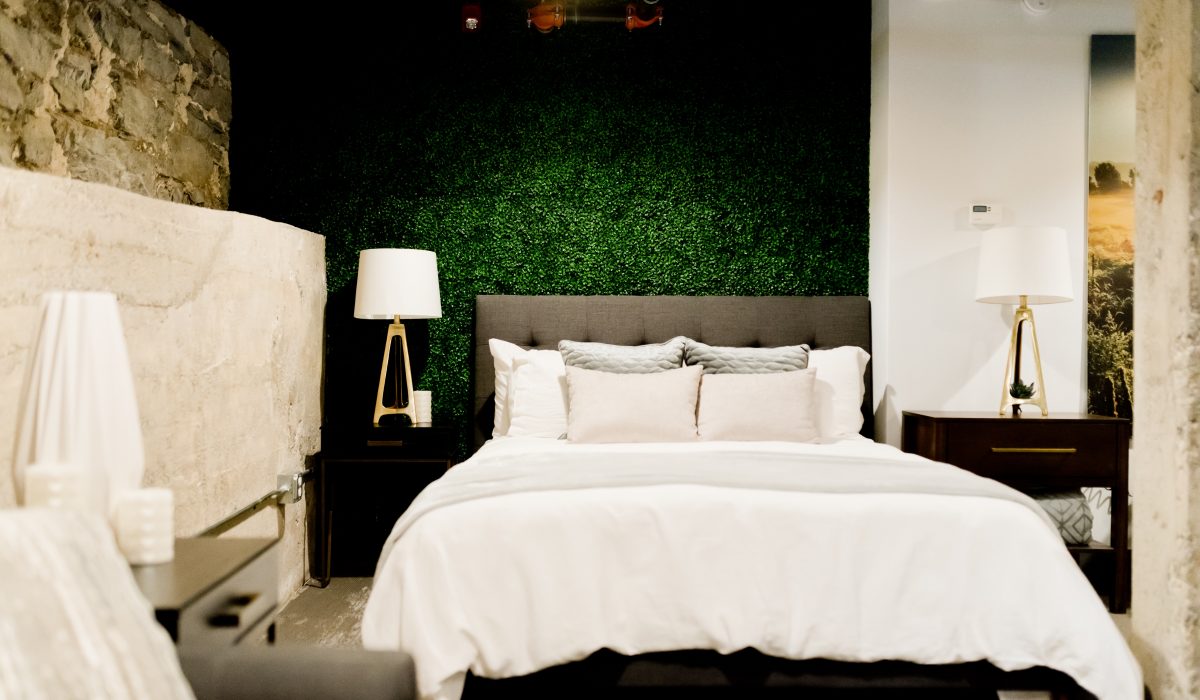
Hostel vs hotel — even with only one letter separating the two, their differences have become fuzzy. While hotels and hostels both provide accommodation for travelers, they do have key differences. When choosing between the two, it all boils down your preference. Budget travelers who don’t mind sharing a room can opt for hostels. Meanwhile, those who can’t leave behind the luxurious amenities and services would prefer hotels.
Should you book a hotel or a hostel on your next trip? Read on to find out more!
Hostel vs Hotel: What Is the Main Difference?
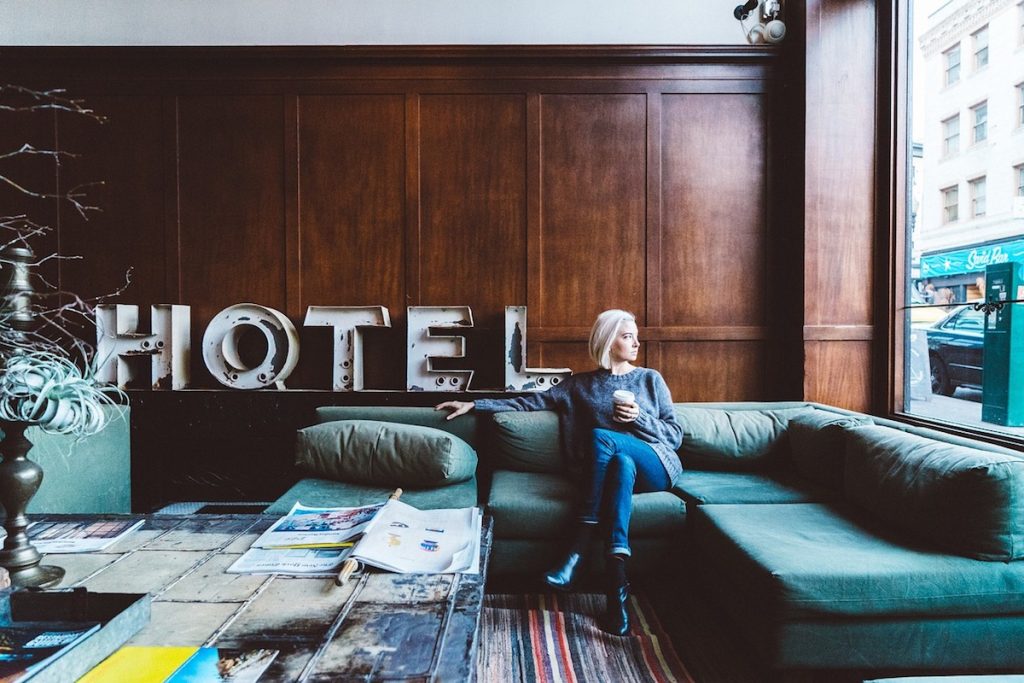
Photo by StockSnap from Pixabay
What clearly separates hostels from hotels? You’d be surprised to know that more than the price, it’s the room style and its characteristics. Normally, a hotel room emphasize on privacy. Hence, it’s a non-sharing room that can accommodate up to two adults for a normal room and usually comes with an en-suite bathroom. Meanwhile, the spaces in a hostel is commonly shared, which include the living spaces, bathroom, kitchen, lounge area, and so on. Most hostels are designed like dormitories where you share the room, though there’s an exception whereby you can pay more for a non-sharing accommodation.
There’s a long list of types of hotels, depending on the size, location, and target market. It can be airport hotels, city hotels, family resorts, clothing-optional resorts, floating hotels, and more. Hostels, on the other hand, mainly vary depending on room size, hostels theme, and style. Whether it’s a premium hostel, boutique hostel, or a capsule hostel, the choices are endless.
Hostel Vs Hotel: What Are The Key Differences?
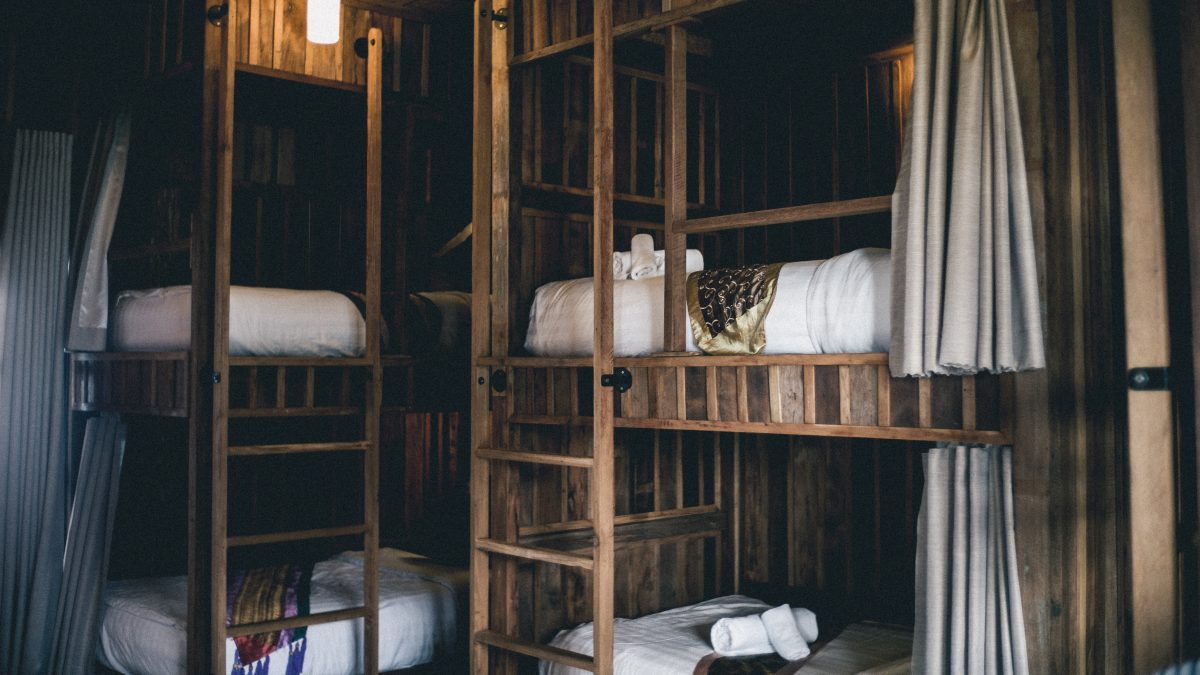
Photo by Nicate Lee on Unsplash
1. Privacy
Privacy is among the key differences between hostels and hotels. If you’re fine with sharing a room with strangers, then a hostel should suit you just fine. While hotels are walled off to give you privacy, hostels are set up for cohabitation. From the rooms, communal kitchen, lounge area to bathrooms, these spaces are shared with random travelers. If meeting new people thrill you, a hostel fits the bill perfectly.
If you’re particular and picky, a hotel room is best for you. Privacy can be a concern if you’re not feeling well. If you’re trying to get over a bout of sickness, it can be tough trying to rest with a bunch of strangers in your room. Business trips may also need more privacy that hostels cannot provide.
Hostels may be famous for dorm-type rooms, but there are also those that offer private rooms. This is especially true around Asia where backpacker hostels are found everywhere. Private hostels let you enjoy the best of both worlds — privacy and affordability.
2. Budget and Room Prices
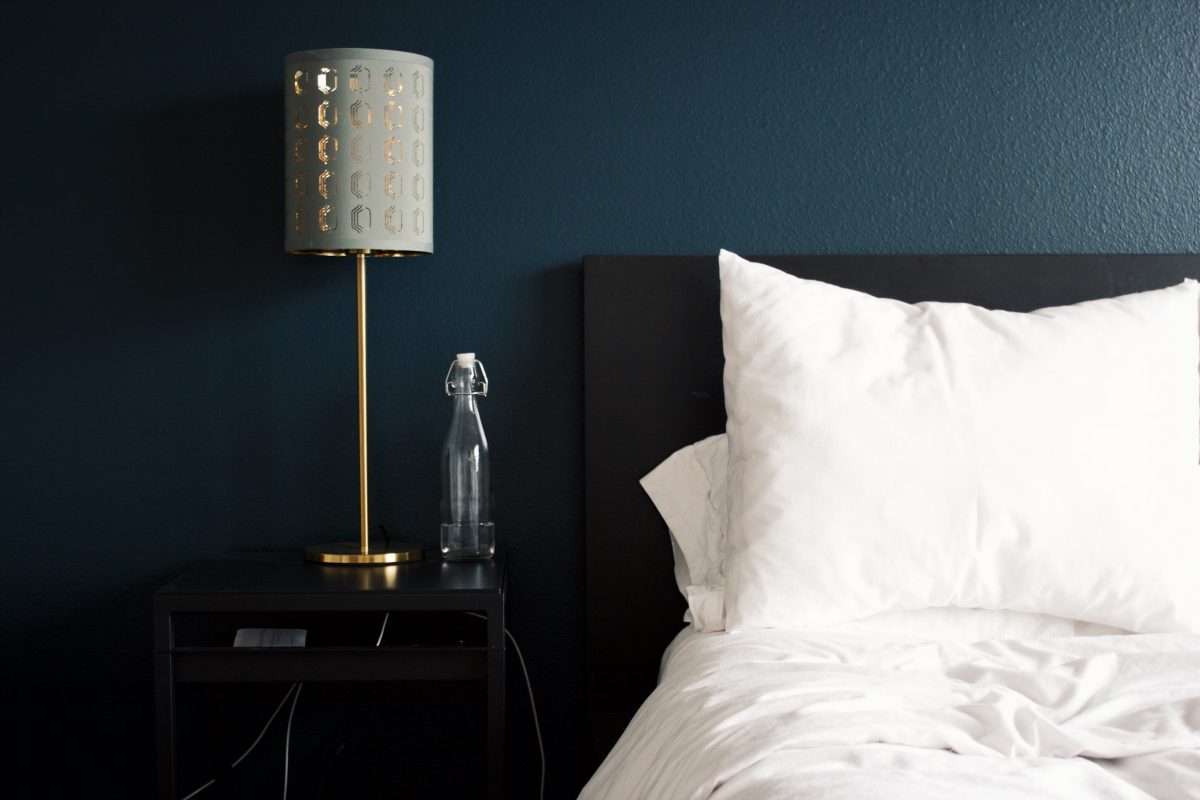
Photo by Rhema Kallianpur on Unsplash
Most hotels come with a heavy price tag, and it’s not hard to understand why. With premium rooms, hotel amenities, and pampering services, you get more than what you pay for. On the other hand, hostels, generally, will cost you much less than private rooms. The friendly rates can significantly help you cut down your travel costs.
Curious about hotel and hostel price difference? You can book a hostel at half the rate of a hotel, but most of the time the markdown is so much more. In fact, there are dorm rooms that are ridiculously cheap. A four-bedroom can costs as low as $8 a night, whereas a room in a 5-star hotel can start from $165 a night. Here’s the rough idea of the hotel and hostel prices.
Hotels:
- 5-star hotels: From $150 – $1000+ per night
- 4-star hotels: From $90 – $300+ per night
- 3-star hotels and Boutique hotels: $80 – $160+ per night
- 2-star hotels and below: As low as $15 per night
Hostels:
- Premium hostels: $100 for a private hostel room with a non-sharing toilet.
- Boutique hostels: $40 – $60 with two-sharing bed
- Capsule hostels: $18 – $50 depending on the hostel set up, whether it’s a soundproof capsule hotel or otherwise.
Of course, there’s a reason why the price difference can be extreme. With cheap hostels, you get a bed and not a room. Because you’re sharing the same room with other travelers, the cost of the room is divided among you. Hotels, meanwhile, offer privacy, in-room services, facilities, and amenities, among other features. Basically, you’re not just paying for a room, but for everything, the hotel has to offer.
4. Amenities and Facilities

Photo from Resol Poshtel’s Facebook page
Care to use the gym or a sauna? How about lounging at the cafe or a private pool? All these and more are easily enjoyed by hotel guests. Add to that the daily room services that are ready to spoil you. Depending on the type of hotel you choose, there can be more amenities and facilities to take advantage of. Meanwhile, hostels can only offer you a bed, or a few in-room amenities such as a small kitchen or toilet. Resol Poshtel, a famous capsule hotel in Tokyo, has a cozy lounge area where guests can gather. While some hostels do have basic amenities, these are meant to be shared with the other guests.
Depending on what you’re willing to sacrifice, both can be a great option for you. If you’re going on a busy trip, perhaps you’ll find some hotel amenities useless. Sure, hostels can be bare, but sometimes all you need is just a clean room for the night. Most hostels also include shuttle services and free breakfast, although you should expect them to be basic.
5. Personal Safety

Photo by stephriddell from Pixabay
In the battle of hostel vs hotel, safety is among the key differences. Hotels have security staff, front desk safes, and even vaults in each room. Meanwhile, contrary to the preconceived impression that hostels are dirty and unsafe, it’s not always the case. Most modern hostels do have 24-hour staff who can serve as security. While they lack private vaults, some dorm rooms have lockers to keep your valuables.
Hotels are not without security guards and security cameras, keeping your worries at bay. When booking a hostel, one way to check if it’s safe is to read the reviews. If you’re not traveling with valuables, then there’s not much to worry about.
6. Customer Support and Help Desk

Photo by Andrea Piacquadio from Pexels
Hostels and hotels are accommodation options that both have people running them. However, the difference is that hotels have more staff members than hostels. Aside from that, hotel staff is more professional and formal. They’re also more polished in appearance compared to the people who work in hostels.
Hostel staff are encouraged to be more casual so they can interact better with guests. You will normally see them dressed down and mingling with their guests. Their roles are also not tied to just giving your room keys and taking calls. Hostel staff can take you to city tours and introduce you to nightlife. But this doesn’t mean they can’t be professional. Just expect them to be more like their natural selves.
7. Interaction with Hotel Guests and Staffs

@Photo by Unsplash
As mentioned, the interaction between guests and hostel staff is different than that in hotels. While hotel lobbies are spacious, they’re not quite meant for interaction among guests. Sure you can hang out at the bar and meet some people. The swimming pool and gym are also great spots to strike a conversation. But interaction in hostels is much more casual, friendly, and relaxed. Hostels have common kitchens, lounge areas, and bathrooms for guests to share. These intimate spaces inevitably encourage casual conversations that lead to friendly interactions.
It’s not surprising that many travelers meet new friends in hostels. Cooking and dining together, sharing a room, taking turns in the shower. All these times together easily break the ice with other travelers.
8. Hotels and Hostels Overall Atmosphere
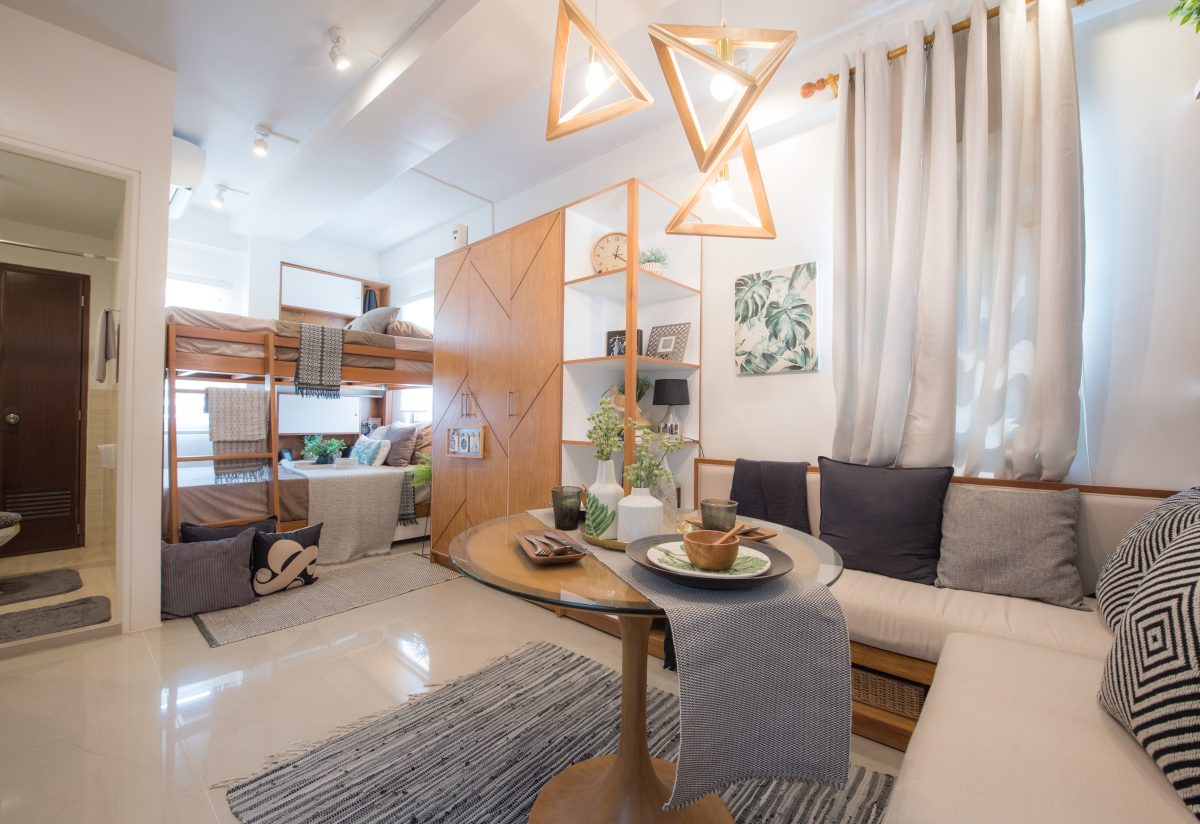
Photo by Tristan Paolo from Pexels
Another key difference when it comes to hostel vs hotel is the atmosphere. The weight of its significance depends on the type of vacation you have in mind. The vibe in hotels and hostels varies greatly.
If you prefer a much business-oriented and professional atmosphere, a hotel is perfect for you. However, if you want a more relaxing yet lively setting, book yourself a hostel room. Aside from that, modern hostels come in various themes and styles to choose from. This makes the atmosphere much more personalized. From trendy dorm rooms, capsules, mini lodges to prison cell types, the options are tempting.
9. Your Expectations for a Hotel or Hostel

Photo by fauxels on pexels
Hostels may come with cheaper price tags, but this doesn’t mean you can’t expect them to be fun. While you don’t have to necessarily lower your expectations when staying in budget rooms, you just have to set them differently.
If you’re used to daily fresh sets of towels delivered to you in hotels, expect to do your own laundry in hostels. In-room dining and luxurious spas? Forget about those if you opt to stay in dorm rooms. Instead, enjoy cooking your own meals in a shared kitchen and mingle with fellow travelers in the lounge area.
To keep it short, expect a basic and simple room experience when booking a hostel. Hotels have a long list of activities and facilities to keep you busy, whereas hostels are mainly for sleeping. Keep in mind, though, that hostels make up for the bare facilities with the fun and freedom they offer.
Hostel Vs Hotel: Which Suits You The Best?
Clearly, there’s no winner here as it all depends on your preference and the kind of vacation you have in mind. Hostels and hotels both have offerings that can make traveling fun. But with their list of pros comes a number of cons, too. These key differences set them apart, making it easier for travelers to choose which suits them best.
From budget, privacy, room style, to the vibe, there are many factors that set hostels apart from hotels. Nonetheless, regardless of their differences, both guarantee travelers a safe haven for the night.

